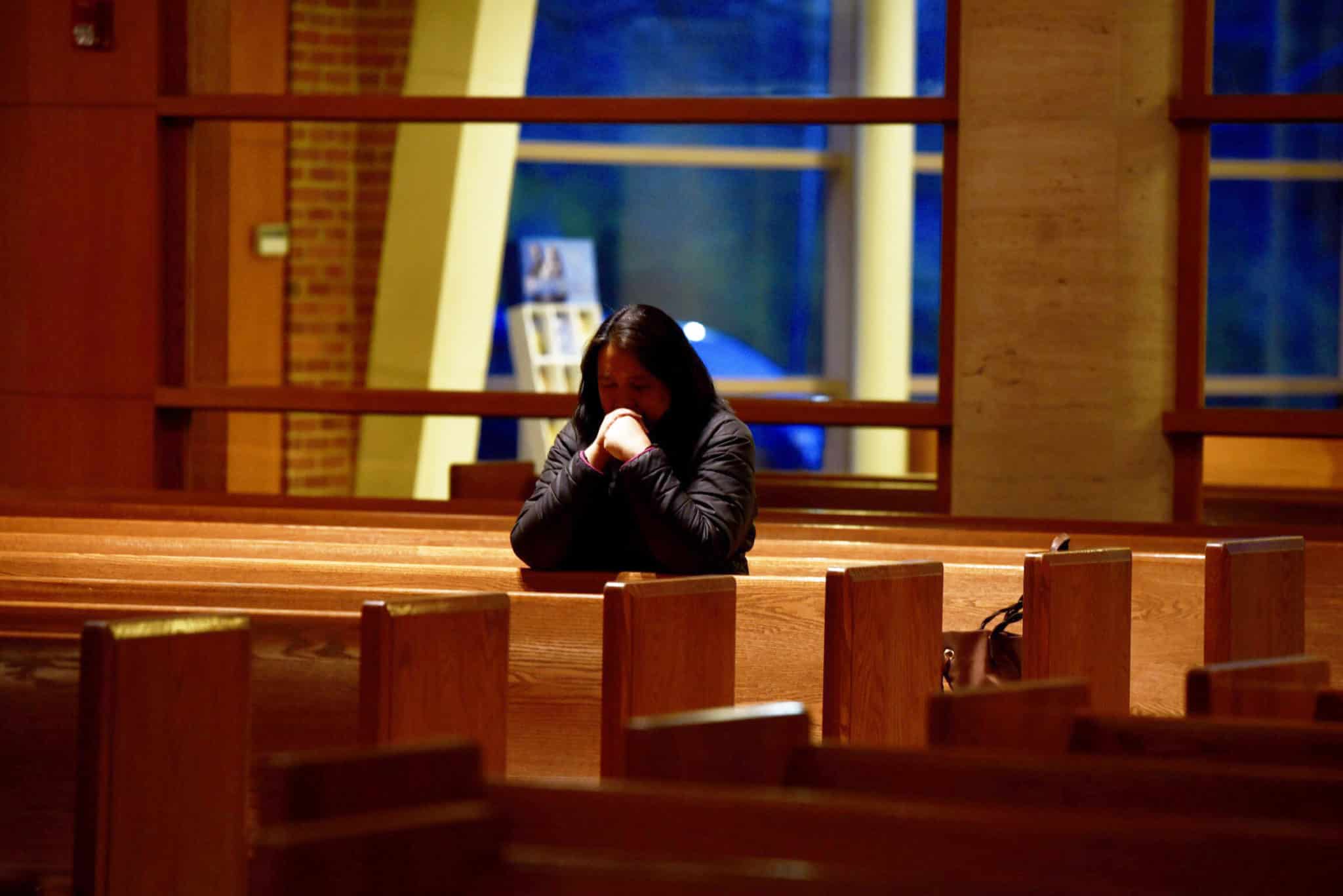
As a young boy growing up, I was fascinated by the epic religious films of the 1950s and 1960s. They were iconic—grand in scale and long in screentime. They deepened my interest in the life of Jesus and sparked a love of history.
In a very real way, these classic films laid the early foundations of my vocation as a teacher of religion and history.
Of these classics, Quo Vadis (1951), set during the final years of the Emperor Nero’s reign, left a particularly indelible impression.
Much of it was filmed on location, capturing antiquity first-hand. Gladiators, chariots, the burning of Rome and the persecution of early Christians, set against the backdrop of the perennial battle of good versus evil. Spectacular action that enthralled a young mind.
Vivid memories of this epic film have come flooding back with each visit to the “eternal city.”
The movie Quo Vadis also worked at a deeper level in the provocation raised by its title: “Where are you going?”
St Peter’s question of Jesus is a question that the Lord asks of each of us. All too often we fail to consider or answer the question and we are the poorer for it.
Life is hurried, often lived without genuine reflection, and this can compromise our sense of purpose and meaning.
By contrast, self-reflection brings clarity and ultimately helps guide the direction of our lives. According to Socrates, introspection and self-examination can lead to a life of virtue, and a life well lived.
How many of us readily seek such a life? Sometimes we mistake moments of “fleeting happiness” with enduring joy and fulfillment. But they are vastly different things, and we know this.
In the end, in the silence of our hearts we don’t seek transient happiness, but a life well lived. But how do we get there?
Practically, we should reflect upon life’s signposts and the direction ahead. We must prayerfully consider and respond to the Lord’s question: Quo Vadis, “Where are you going?”
On occasions however this can be hard. The Lord’s voice is often drowned out by the din of the world around us and we ourselves rarely slow down to consider the road ahead.
Importantly, others must also ask the question of us. Ordinarily, this will be family, friends and mentors, those who love and care for us.

We too should ask the question of other people in our lives, for each of us can play a critical role in the life choices that others make. Sometimes we can see in them possibilities they themselves don’t see.
Asking quo vadis can make a difference, for it can motivate people to press a “reset” in their lives or to pursue a direction with renewed enthusiasm and commitment.
Dag Hammerskold, a former Secretary General of the United Nations who died tragically in 1961, reflected on the power of such questions.
“I don’t know who—or what—put the question, I don’t know when it was put. I don’t even remember answering,” he said.
“But at some moment I did answer yes to someone—or something—and from that hour I was certain that existence is meaningful and that, therefore, my life, in self-surrender, had a goal.”
“The question” isn’t just for famous people like Hammerskold. It is for each for us.
It goes to the heart of the examined life, and it helps us find meaning and purpose in the vocation we choose.
I love my vocation as a teacher. It has brought me incredible joy and I have never seen it as a career, but a vocation.
I am blessed to work with parishes and schools; with priests and teachers, students and their parents.
At the heart of this work is the hope that others will have a personal encounter with Jesus, “the way, the truth and the life,” (Jn 14:6) and be empowered in their Christian witness and discipleship.
I am grateful to all those—parents, teachers and priests—who seek to foster the personal and spiritual growth of our young people so that they may have and experience a “fullness of life.”
Just recently, I was privileged to meet with the Archdiocese of Sydney’s vocations director, Fr Daniele Russo, who spoke enthusiastically about a new program for the promotion of vocations.
Groups of young priests, religious and lay people will visit our Catholic schools and put to our young people the question: quo vadis, “Where are you going?”
For young people, who have their lives ahead of them, such a question might be the foundation of a particular hope for the future: that there is a road ahead, and a Lord to guide them.
